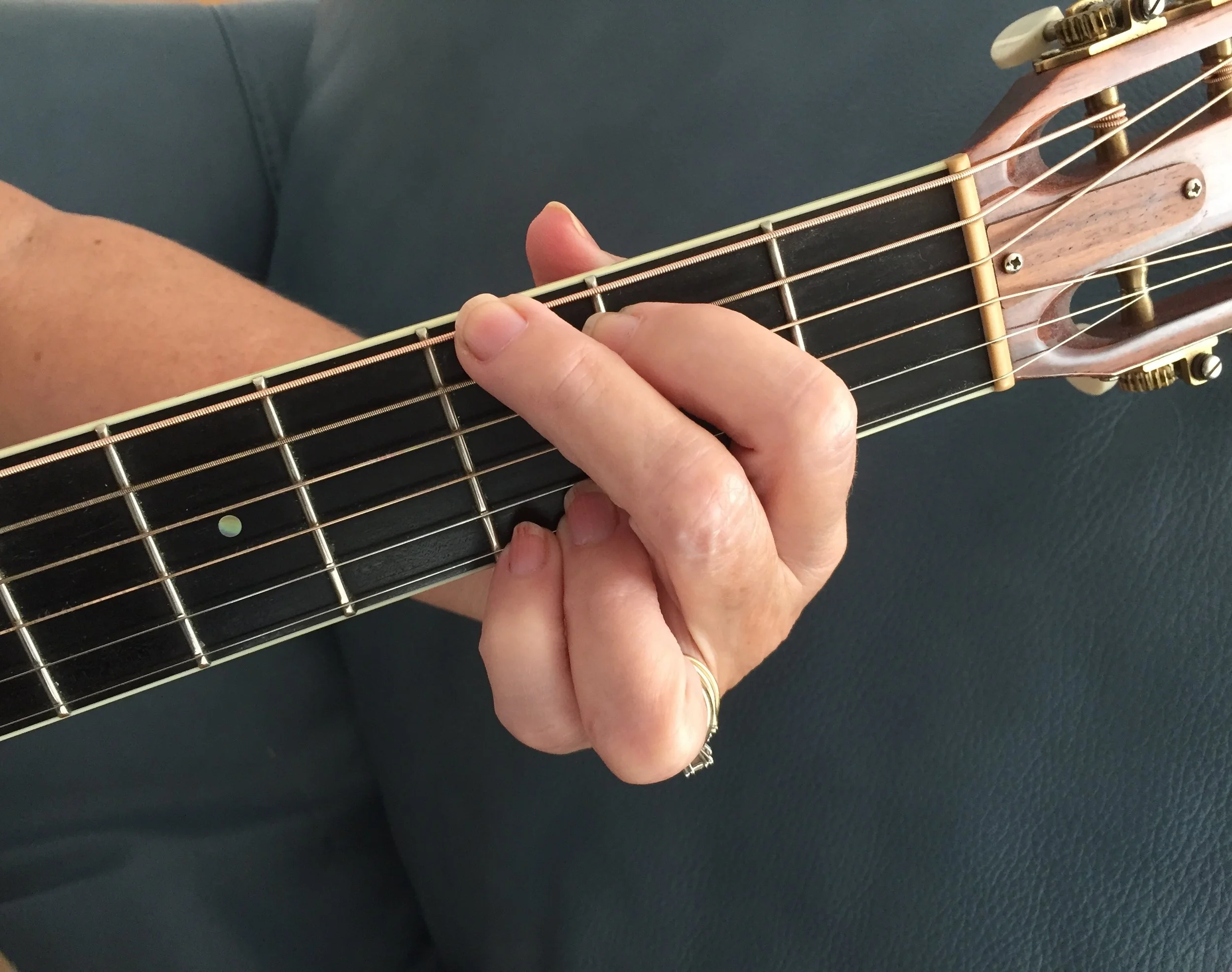Parkinson’s Platitudes and Attitudes
It has been interesting to watch people’s responses over the past few years when I tell them, “I have Parkinson’s.” There is a definite change in their attitudes and behaviors toward me. For the most part, I find people to be very responsive and respectful, but definitely different. Sometimes they say, “I know” which always leaves me wondering if my tremors are that revealing. Other times people simply do not respond. However, the frequent response is usually a question, “How long have you had it?” When I answer with “since 2013,” they often follow up with more inquiries. I like it when this type of discussion takes place because I am able to clarify the myths they may have and educate them on the actual facts about the disease.
There is a lot of misinformation on Parkinson’s which creates fear and anxiety. For example, the majority of people think Parikinson’s has to be in the family in order to “get It.” The facts indicate that although there is a familial connection, it really is relatively low. Most patients with PD have no clue why it has happened, including me. Also, people do not realize that Parkinson’s Disease is more than tremors. It manifests in many ways: loss of smell, flat facial affect, balance difficulties, slow movements, fatigue, freezing of movements, difficulties talking and swallowing, small handwriting, decreased blinking, cognitive impairment. depression and sleep problems. Some people with PD are tremor-dominate (which I am) and other people are balance/coordination-dominate. There is no sense or reason why some people have one or two of these issues and others have most all of them.
One of the attitudes that I hope to change by educating people on Parkinson’s is that the disease does not have to define you. Yes, it is obviously a part of every day life, but having a positive attitude makes all of the difference. Parkinson’s cannot be cured, but it definitely can be treated. For many of us with PD, there are dopamine related drugs that provide relief of the symptoms and allow us to function at a high level. There are also many good resources for learning about PD and especially how to live with it. I will provide more on these resources in an upcoming post.
People with Parkinson’s want the same things as everyone else. We want to be as happy and healthy as we can be despite our disorder. I am pleased to say that changing negative platitudes and promoting positive attitudes are some of the first steps toward better lives for all of PD patients.


